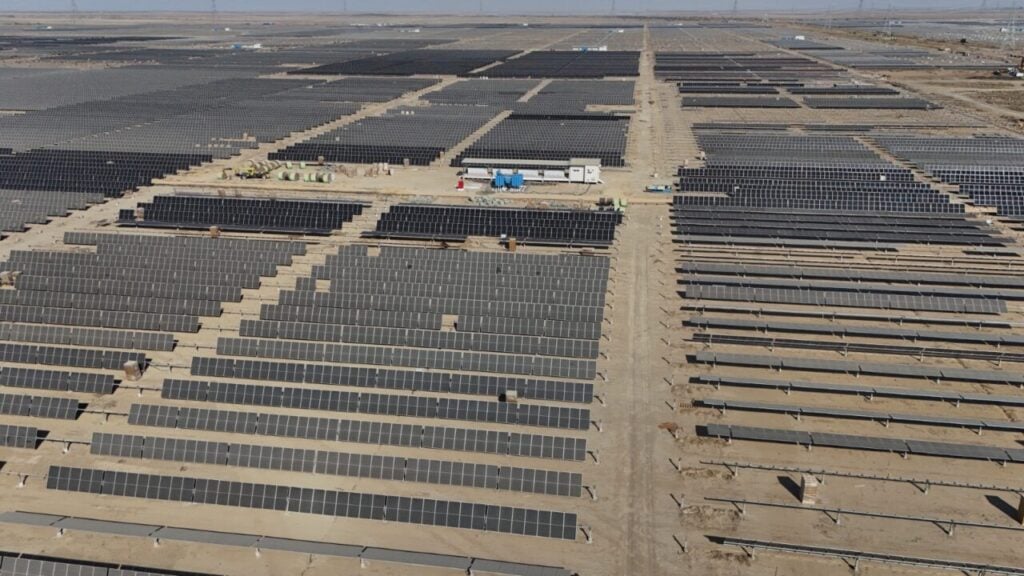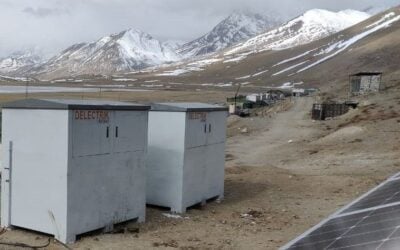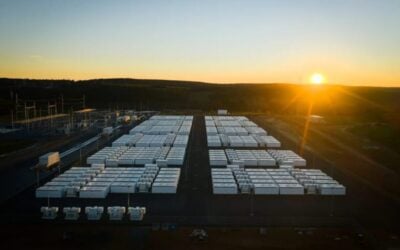
State-owned power producer NTPC has issued a tender for battery energy storage system (BESS) projects at thermal power plants in Uttar Pradesh, India.
NTPC Limited issued an invitation for bids (IFB) for engineering, procurement and construction (EPC) services at BESS assets of 2-hour and 4-hour duration earlier this month (8 August).
The company is seeking EPC contractors for a total 1,700MW/4,000MWh, comprising 300MW of 4-hour duration energy storage (1,200MWh) and 1,400MW of 2-hour duration storage (2,800MWh), to be deployed across 11 locations.
While more detailed documents are available at NTPC’s procurement portal, an abridged IFB was published at its main corporate website. It noted that the expected service life of BESS assets would be 12 years, designed to be cycled twice daily, while an annual maintenance contract would also be included in the tender’s scope of work.
Try Premium for just $1
- Full premium access for the first month at only $1
- Converts to an annual rate after 30 days unless cancelled
- Cancel anytime during the trial period
Premium Benefits
- Expert industry analysis and interviews
- Digital access to PV Tech Power journal
- Exclusive event discounts
Or get the full Premium subscription right away
Or continue reading this article for free
Ministry of Power-owned NTPC, formerly known as the National Thermal Power Corporation, is India’s largest integrated power company. With more than 80GW of installed capacity, it contributes around 25% of India’s total power generation.
NTPC is also one of the central nodal agencies tendering across India for large-scale energy storage assets, including lithium-ion (Li-ion) batteries and pumped hydro energy storage (PHES), both paired with renewable energy generation and in standalone configurations.
As noted in a Guest Blog from India Energy Storage Alliance (IESA) president Debmalya Sen, published on this site in May, tenders from NTPC and other agencies like Solar Energy Corporation of India (SECI) are aimed at promoting energy storage deployment and market development.
Tenders are held in alignment with a standardised framework established by the government and regulators in 2022, and in addition the Union Government has committed to support to more than 43.2GWh of capacity under the Viability Gap Funding (VGF) scheme, which provides funding equally to roughly 30% of Capex.
By the end of the first half of this year, tenders for a cumulative 171GWh of energy storage capacity had been held in India, including more than 55GWh launched in the first six months of 2025, according to numbers from IESA.
However, although tendering has kick-started the signing of contracts and led to progressively lower-priced tariffs winning in reverse auctions, less than 220MWh of large-scale BESS is online so far as a result, analyst Charith Konda from the Institute for Energy Economics and Financial Analysis (IEEFA) wrote in a Guest Blog for this site last week.
IEEFA energy specialist Konda said that the industry’s challenges include extremely aggressive pricing in auctions, which developers might not be able to follow through on, and delays in obtaining grid connections and signing offtake contracts.





